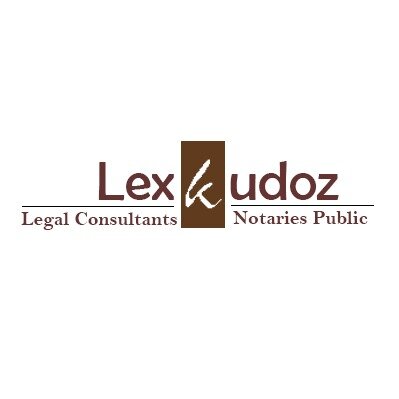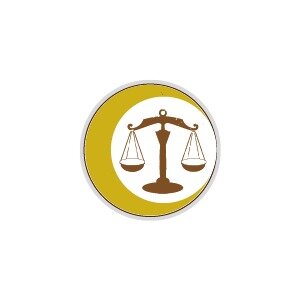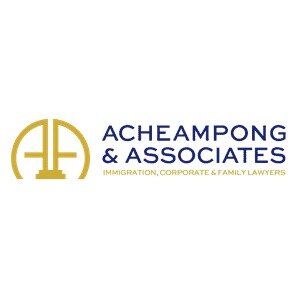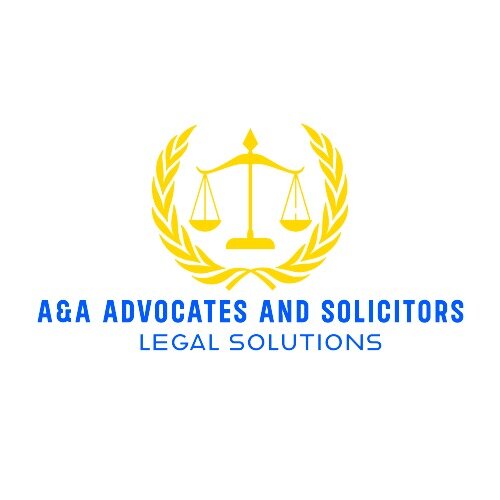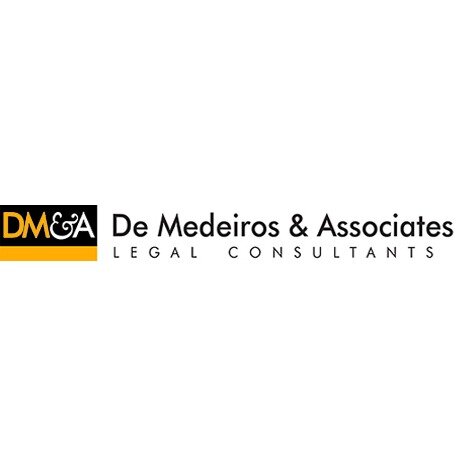Best Permanent Residency Lawyers in Ghana
Share your needs with us, get contacted by law firms.
Free. Takes 2 min.
Or refine your search by selecting a city:
List of the best lawyers in Ghana
About Permanent Residency Law in Ghana
Permanent residency in Ghana is a legal status that allows a non-Ghanaian to live and work in Ghana indefinitely. This status is granted to expatriates who meet specific criteria laid out by the Ghana Immigration Service. While obtaining permanent residency can offer many benefits, the process involves meticulous documentation and meeting certain eligibility conditions. It is vital to engage with the current laws and requirements to ensure a successful application.
Why You May Need a Lawyer
Applying for permanent residency in Ghana can be a complex process due to the legal requirements and procedural nuances involved. Here are a few common situations where legal help might be beneficial:
- Understanding eligibility criteria and the application process.
- Compilation and verification of necessary documentation.
- Handling legal complexities or disputes regarding your application.
- Advice on rights and responsibilities as a permanent resident.
- Representation in appeals for rejected applications.
Consulting with a lawyer can help you navigate these complexities efficiently, thereby increasing your chances of a successful application.
Local Laws Overview
The Immigration Act, 2000 (Act 573) and its accompanying regulations govern permanent residency in Ghana. Key aspects include:
- Eligibility: Permanent residency is generally granted to individuals who have made considerable investments in Ghana or have notable contributions to Ghanaian society.
- Documentation: Applicants must provide evidence of employment, accommodation, health, and financial stability.
- Duration: The residency card is usually valid for five years and is renewable.
- Benefits: Permanent residents can work, own property, and potentially apply for Ghanaian citizenship.
Staying updated with changes in these laws is crucial, and legal counsel can provide clarity and ensure compliance.
Frequently Asked Questions
1. Who is eligible to apply for permanent residency in Ghana?
Eligibility typically includes individuals who have resided in Ghana for a substantial period, usually with significant investments or employment in the country.
2. What documents are needed for the application?
Commonly required documents include a completed application form, valid passport, proof of income, housing arrangements, and health insurance.
3. How long does the application process take?
While times can vary, it usually takes several months due to the thorough verification process by the Ghana Immigration Service.
4. Is it necessary to hire a lawyer for the application?
While not mandatory, a lawyer can help with understanding legalities, preparing documents correctly, and increasing the likelihood of application approval.
5. Can permanent residency be revoked?
Yes, if a resident violates any local laws or the conditions of their residency, their status can be revoked.
6. Are there fees associated with the application?
Yes, there are processing fees that must be paid, which are subject to change, so it is advisable to verify the current fee structure with the Ghana Immigration Service.
7. Can dependents be included in the application?
Dependents, such as spouses and children, can be included in the application, provided the primary applicant can show the means to support them.
8. What are the benefits of having permanent residency in Ghana?
Benefits include the right to live and work in Ghana, own property, and eventually apply for citizenship.
9. Is permanent residency renewable?
Yes, it is typically renewable every five years, subject to meeting ongoing requirements.
10. Can a permanent resident apply for Ghanaian citizenship?
Yes, permanent residents may be eligible to apply for citizenship after a certain period, usually determined by residency duration and meeting specific criteria.
Additional Resources
For more information on applying for permanent residency in Ghana, consider reaching out to these resources:
- Ghana Immigration Service: The primary authority managing residency applications.
- Ministry of the Interior: Offers overarching guidelines on immigration policy.
- Legal Aid Scheme: Provides assistance for those needing legal help.
- Embassies and Consulates: Can offer assistance and information for foreign nationals.
Next Steps
If you are considering legal assistance for your permanent residency application in Ghana, start by:
- Researching and consulting with immigration law firms familiar with Ghanaian laws.
- Compiling your documents and preparing your personal and financial information.
- Scheduling an initial consultation with a qualified immigration attorney.
- Ensuring you stay informed on any legal changes that might affect your application.
Taking these proactive steps can help streamline your application process and enhance the chances of securing permanent residency successfully.
Lawzana helps you find the best lawyers and law firms in Ghana through a curated and pre-screened list of qualified legal professionals. Our platform offers rankings and detailed profiles of attorneys and law firms, allowing you to compare based on practice areas, including Permanent Residency, experience, and client feedback.
Each profile includes a description of the firm's areas of practice, client reviews, team members and partners, year of establishment, spoken languages, office locations, contact information, social media presence, and any published articles or resources. Most firms on our platform speak English and are experienced in both local and international legal matters.
Get a quote from top-rated law firms in Ghana — quickly, securely, and without unnecessary hassle.
Disclaimer:
The information provided on this page is for general informational purposes only and does not constitute legal advice. While we strive to ensure the accuracy and relevance of the content, legal information may change over time, and interpretations of the law can vary. You should always consult with a qualified legal professional for advice specific to your situation.
We disclaim all liability for actions taken or not taken based on the content of this page. If you believe any information is incorrect or outdated, please contact us, and we will review and update it where appropriate.
Browse permanent residency law firms by city in Ghana
Refine your search by selecting a city.





